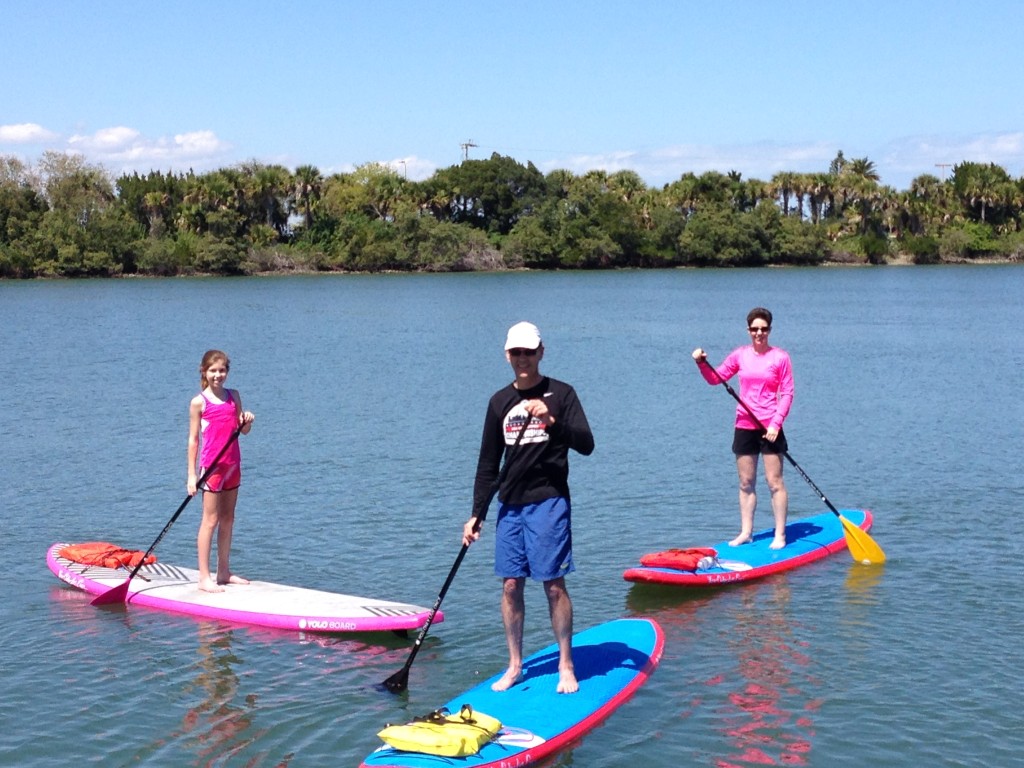Podcast: Play in new window | Download
Subscribe: Apple Podcasts | RSS
Dr. Catherine Lang is an Associate Professor in the Program in Physical Therapy, Program in Occupational Therapy, and Department of Neurology at Washington University in St. Louis, MO. She received her physical therapy degree from the University of Vermont and her PhD in Movement Science from Washington University. She then completed a postdoctoral fellowship at the University of Rochester between. Catherine is with us today to tell us about his journey through life and science.
Dr. Lang directs the Neurorehabilitation Research Laboratory. Research in the laboratory is targeted toward the development of effective and efficient, individualized rehabilitation for people with neurological injury. The primary study population is people with stroke, and the majority of the experiments examine movement and the upper extremity. Numerous studies are focused on characterizing neurobehavioral changes over the course of stroke recovery, developing new and optimizing current motor interventions, and improving clinical practice. The research tools used include: computerized analyses of human movement (kinematics, kinetics, electromyography) to quantify behavior during ecologically-valid laboratory tasks; standardized clinical assessments to quantify the capacity to produce skilled movement; biosensors (accelerometers) that quantify types and amount of movements outside the laboratory; and standardized questionnaires that quantify self-perception of functional capacity, behavior, and participation in everyday life. Ongoing partnerships with others add imaging tools (fMRI and TMS) to the available tool set. The interdisciplinary, interactive laboratory environment promotes collaborations within and outside the lab with scientists and clinicians, resulting in a productive, successful research program.

Leave a Reply